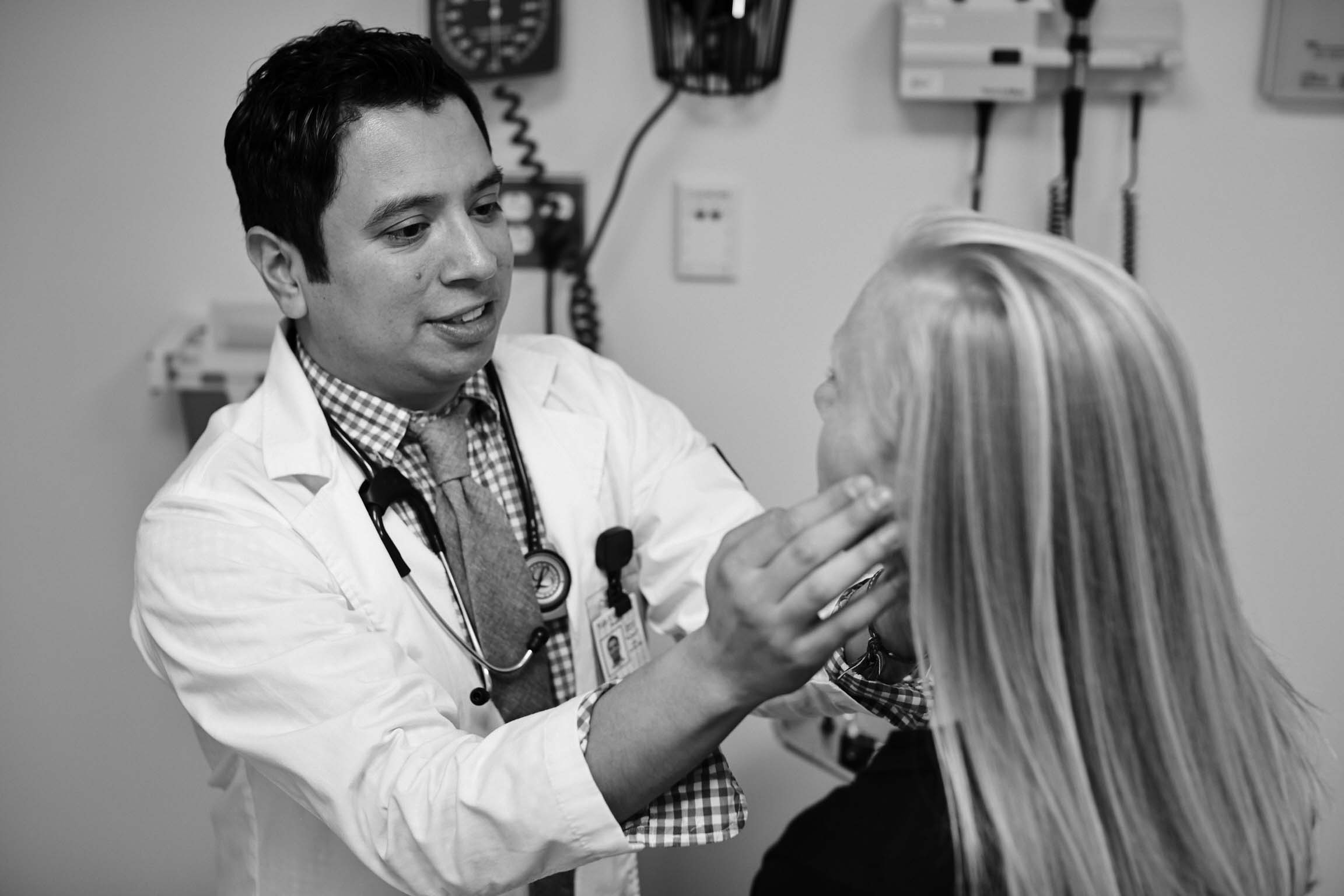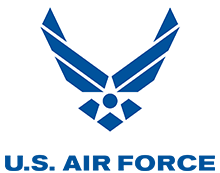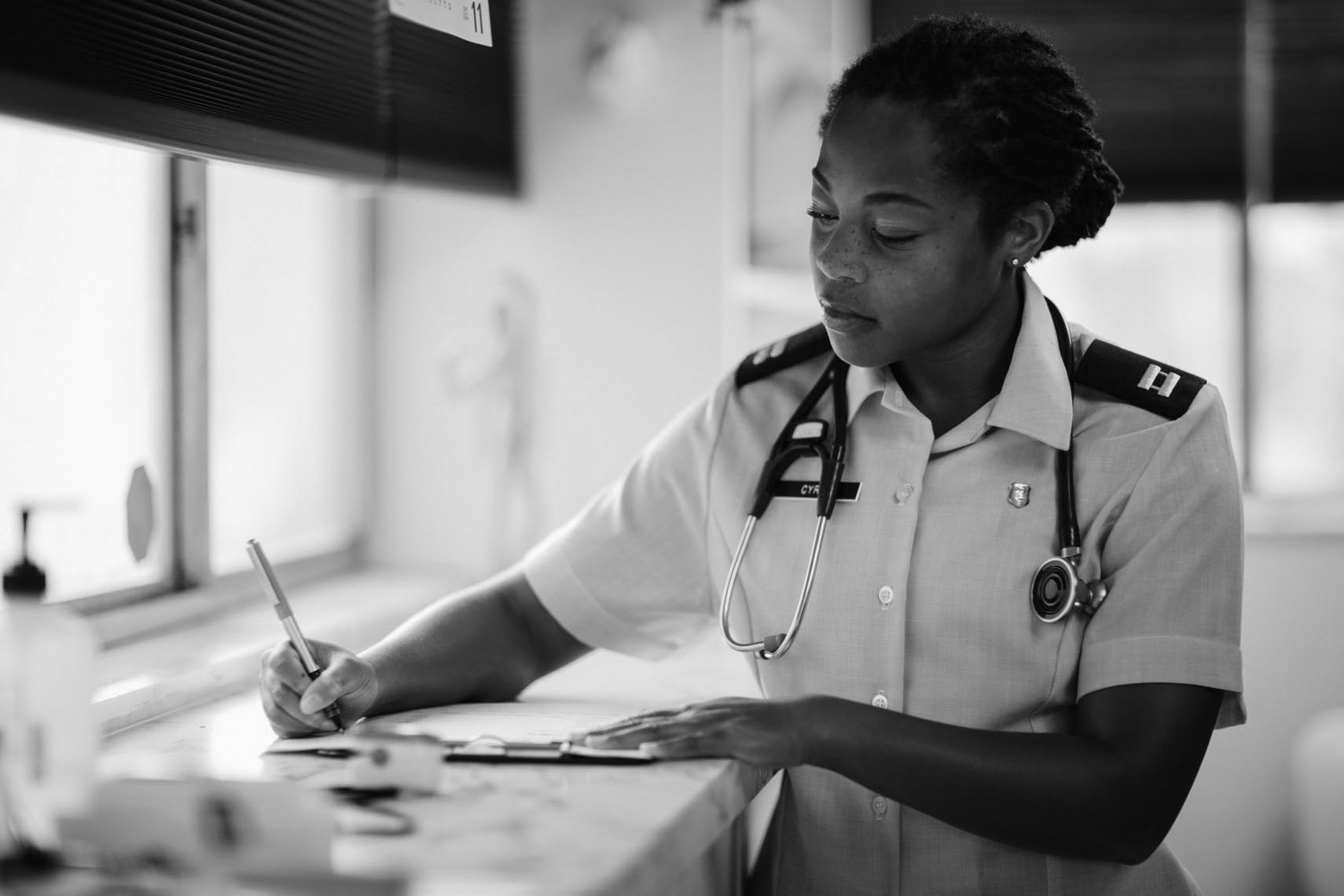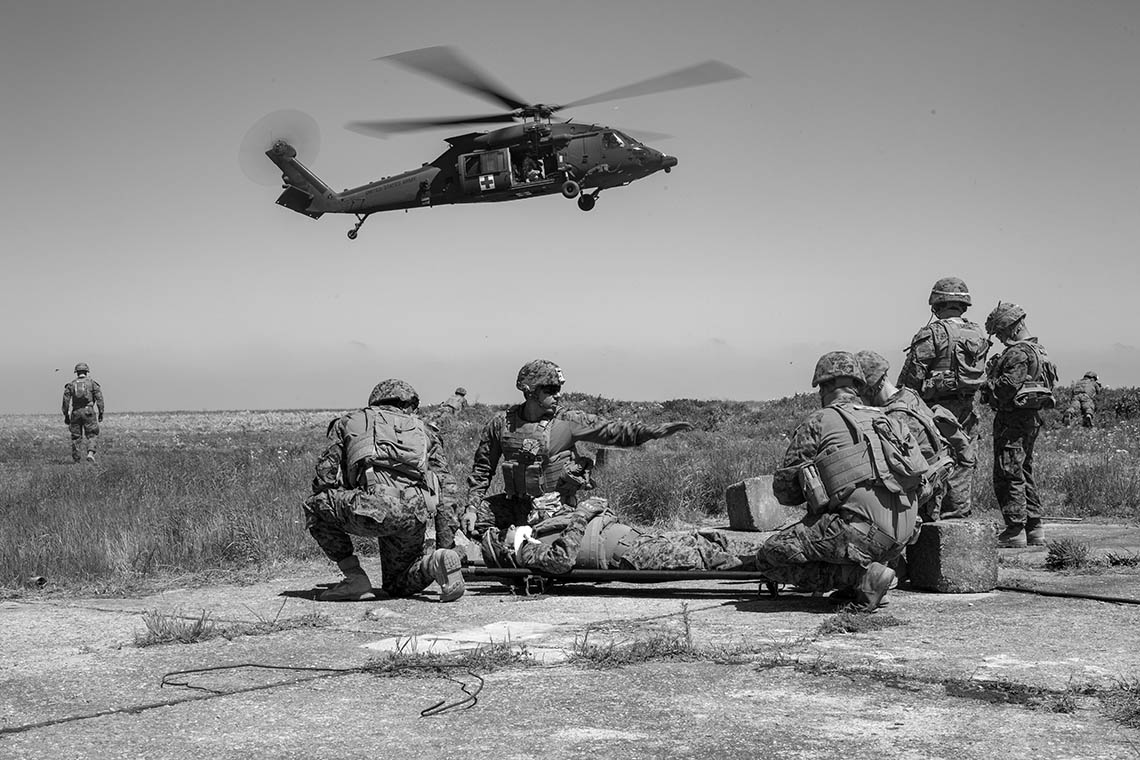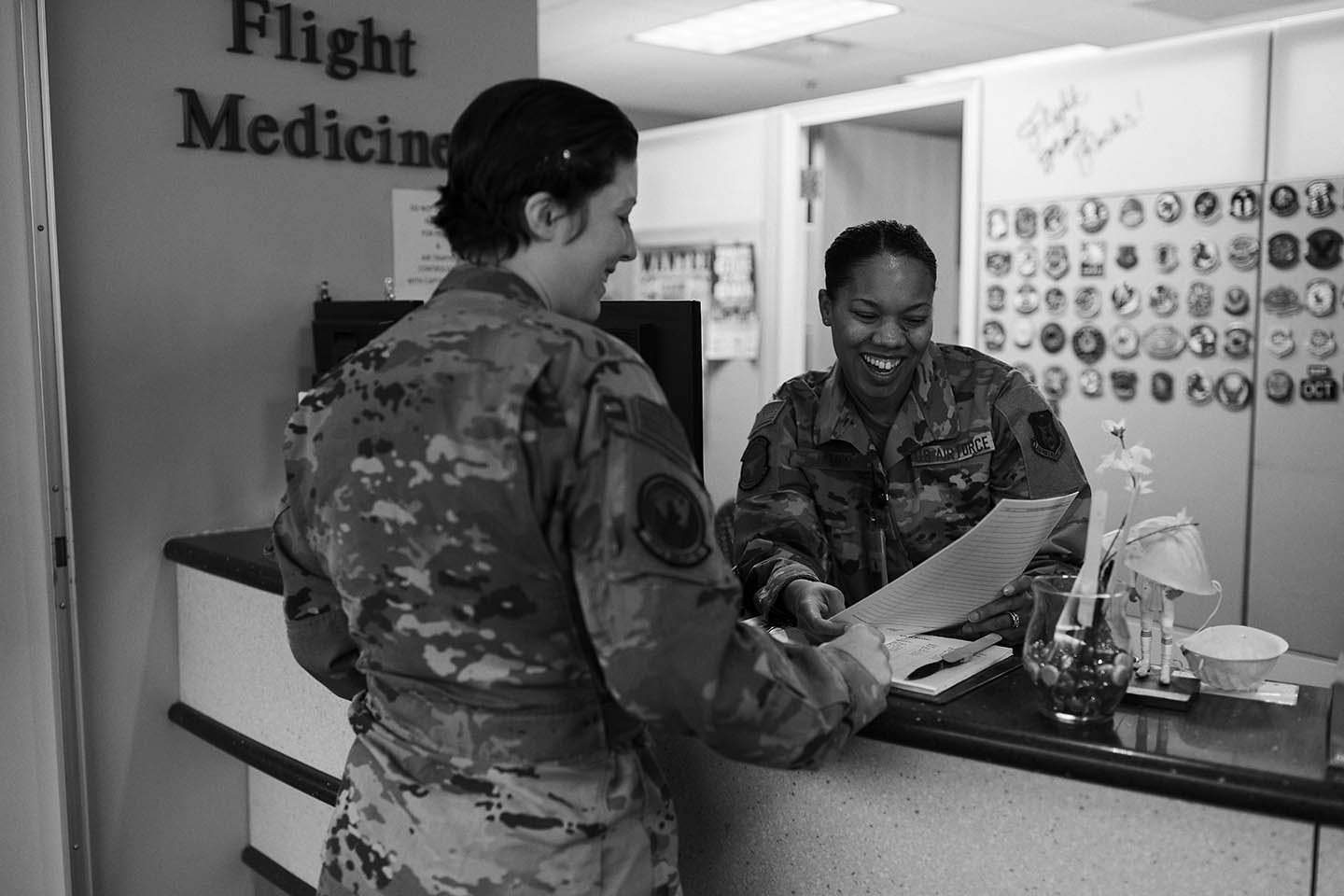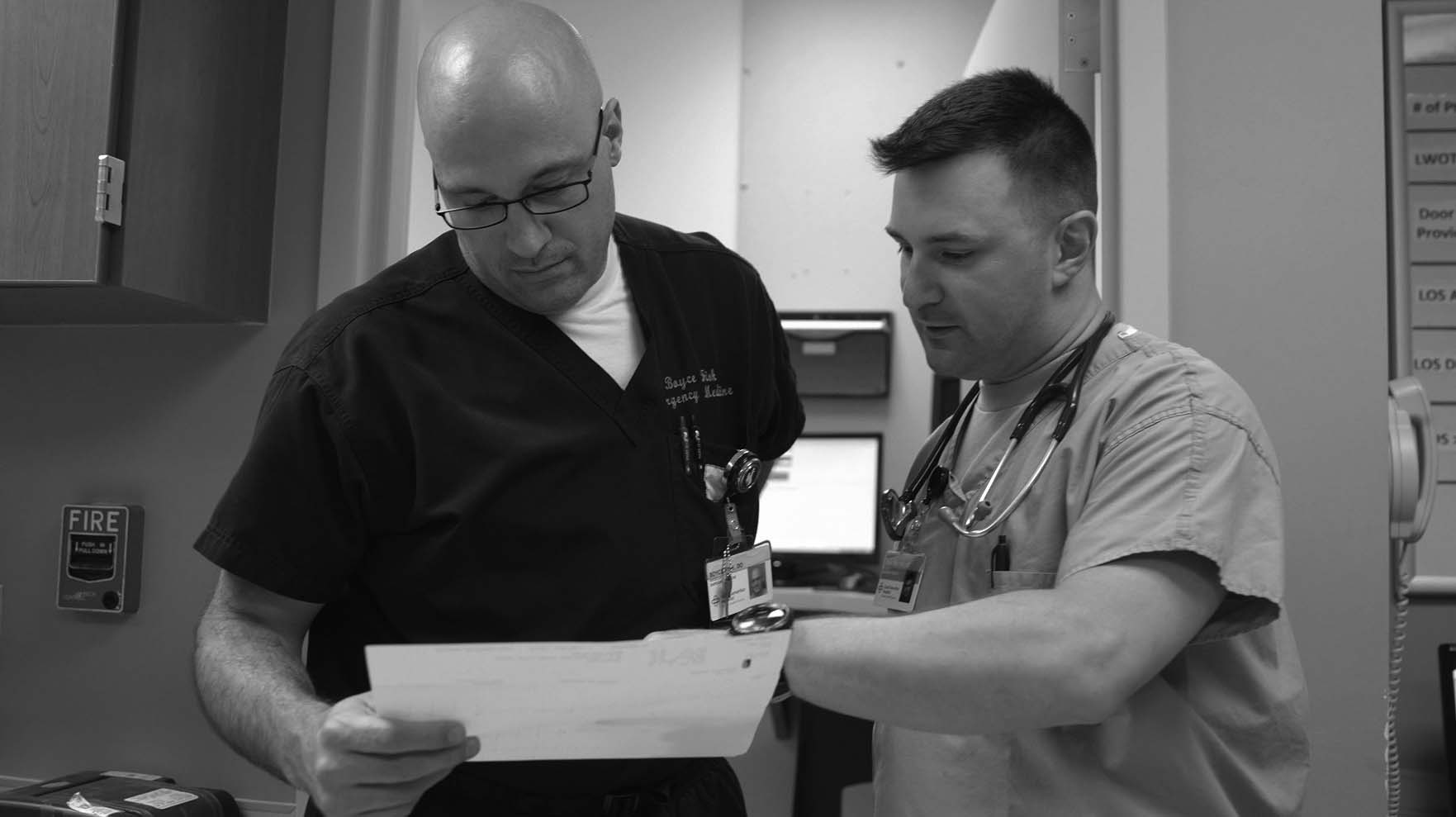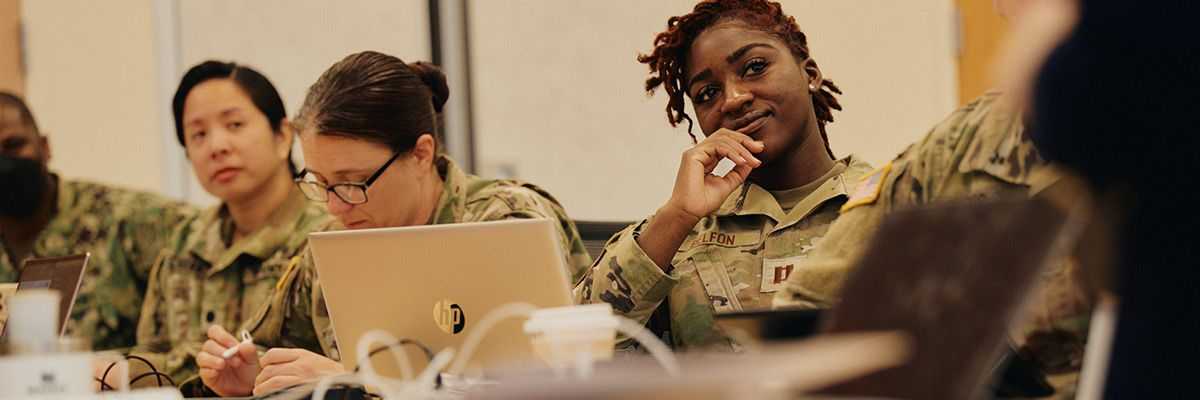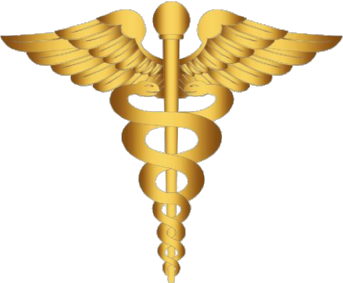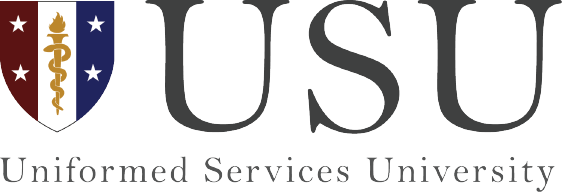Program
Location
Any accredited medical school
USU (Bethesda, MD)*
Tuition & Benefits
- Tuition paid by Service branch
- 45 days' pay & signing bonus
- Living stipend
- No tuition costs or fees
- Full salary & benefits
- Housing allowance
Training
Military officer training
Expansive military medical training
Service Commitment
1 year of service per year of scholarship**
7-years service commitment
- FAQs
- |
Demo page description.
Link List Title
The Tuition-Free Path to Medicine
Hear from an Army HPSP recipient about how he became an emergency medicine physician.
The Tuition-Free Path to Medicine
Hear from an Army HPSP recipient about how he became an emergency medicine physician.
COHEN: Emergency medicine is just this incredible specialty. You get to do a little bit of everything and you get to do the most exciting part of a little bit of everything and it's it's incredibly unique in that sense one of the many hurdles to being a part of medicine is certainly you know there's an academic side of it but there's also this overwhelming financial aspect. I found the Health Professions scholarship program online through goarmy.com and I started to research what it offers. The program is incredibly unique for people that want to have their medical school paid for and get paid to be a student and live a lifestyle that that's comfortable while you're going through this rigorous education and the scholarship program offers all of it. Right out of medical school I was a homeowner. There are very few people that have that opportunity, and you have all of the resources that you need to provide excellent patient care which is often a barrier on the outside. We do a lot of Education. We have protected academic time we protected time to go to procedure labs and skill labs to really develop a lot of those critical procedures that you need to be extremely comfortable with. The opportunities after Medical School seem to be very appealing to me. The opportunities to Train military residency program that have all the funding and support of the Department of the Army and Department of Defense it just it was a very unique training experience that you could have after medical school. I am certainly a better emergency medicine physician for training here and I could not imagine my life going in a different path.
Practice Medicine in the Army National Guard
As she leaves for once-a-month military training, Sara explains her part-time commitment as a member of the Army National Guard.
Practice Medicine in the Army National Guard
As she leaves for once-a-month military training, Sara explains her part-time commitment as a member of the Army National Guard.
BURDASH: In the National Guard, we have two roles. We have duties both to our state and our local communities, as well as to the nation. And so, we all have civilian jobs that we work at mostly. And then, one weekend a month, and two weeks in the summer, we get to go to our National Guard training, and whether it be locally for us, or a little bit further away, like we’re going today to Camp Ripley. If we are needed, either nationally if there’s a national disaster or something like that, where they need a medical unit in this case, we’ll go assist with that. Or if there’s an international need, a peace treaty, some sort of combat mission, then we get to go to those as well. So, we have multiple purposes we can fill.
demo tabs
test
test
test
Specialties
ArmyNavyAir Forcetest
Legend
Army
Army Reserve
Army National Guard
Navy
Navy Reserve
Air Force
Air Force Reserve
Air National Guard

